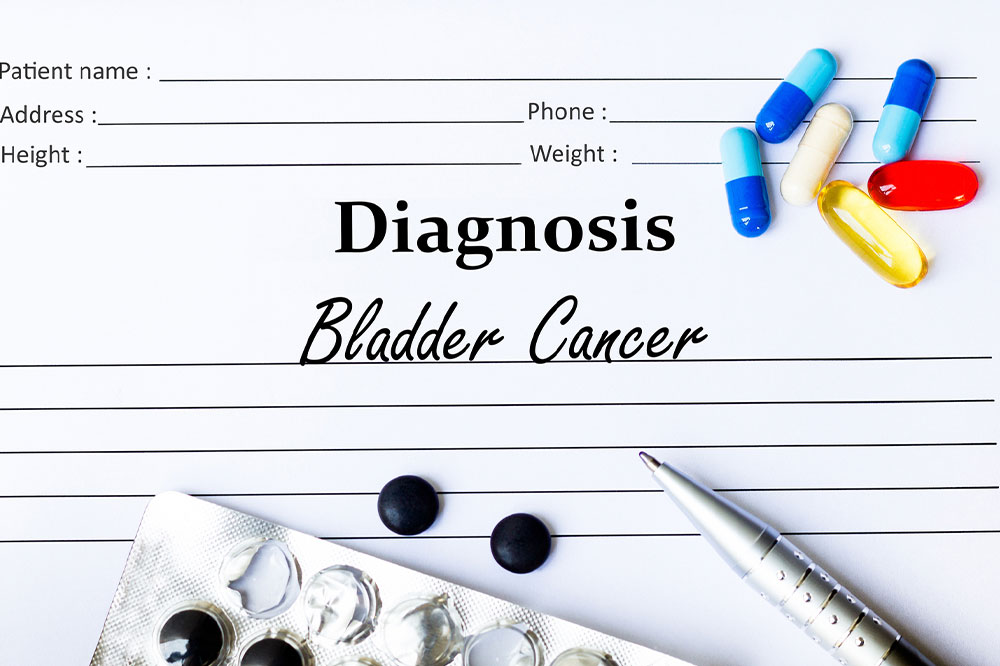
6 signs indicating it’s time to consult a gynecologist
It is highly recommended that young women start consulting a gynecologist around the age of 15, particularly if their menstrual cycle starts early. Those aged 21 years or older are advised to have annual check-ups with a gynecologist for overall health. If one experiences any disturbing symptoms, it is imperative to schedule an appointment with the doctor without any delay. This article discusses 6 signs that indicate one needs to consult a gynecologist. Menstruation The menstruation cycle is a monthly indicator of reproductive health. If one experiences excessive bleeding or excruciating periods, it is recommended to seek medical attention as these symptoms may indicate an underlying issue. Most women experience symptoms like headaches, abdominal pain, and sore breasts during their menstrual cycles. However, when these symptoms get too painful and persist for a long time, they could point toward endometriosis. This is a condition in which extra tissue that builds up outside of the uterus causes swelling and bleeding. There could also be growth of cells or tissues inside the uterus called fibroid growth. When the symptoms are too severe, the doctor may suggest various tests to diagnose the issue, which may also point toward ovarian cancer. Vaginal infection The vagina has a natural odor, but sometimes an infection can develop an unpleasant odor.
Read More 










